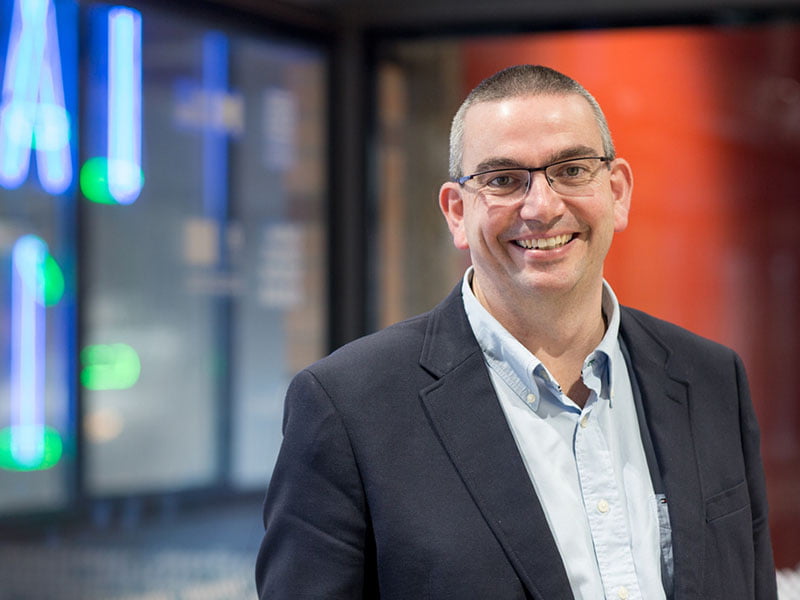Industry Minister Greg Hunt has appointed Melbourne University’s innovation expert Charles Day as chief executive officer of Innovation and Science Australia, and announced three strategic appointments to the ISA board.
A Rhodes Scholar who earned his PhD at Oxford University studying the dynamics of jet engines, Dr Day was previously program director for the University of Melbourne’s Carlton Connect Initiative, a STEM innovation precinct that co-locates researchers from across the University’s academic disciplines with public and private sector organisations.
Dr Day is also a member of the Murdoch Children’s Research Institute board and is on its Translation and Commercialisation Committee. From 2004-10, he ran the University’s tech commercialisation company Melbourne Ventures, and was a co-founder of the internationally recognised Melbourne Accelerator Program, which supports startups at the university.

Unsurprisingly, Dr Day also brings to the job management consulting experience. He spent several years early in his career with the Boston Consulting Group.
Innovation and Science Australia is the Australian Government’s peak provider of strategic, whole-of-government advice on science, research and innovation matters. This includes guidance on how the government should spend its $10 billion annual investment in innovation, science and research – including measures through the National Innovation and Science Agenda.
The global search for a new ISA chief executive has been underway since February. It is understood a shortlist had been drawn up some time ago, but that some disagreements had emerged between the ISA board and the department over the appointment.
Mr Hunt also announced three new appointments to the ISA board – including another two Rhodes Scholars – bringing its total number to fifteen, including the Secretary of the Department of Industry, Innovation and Science, Glenys Beauchamp.
The new appointments are:
Professor Bronwyn Harch, the executive director of the Institute for Future Environments and Professor of Applied Statistics at the Queensland University of Technology. Professor Harch specialises in applying statistical modelling of complex systems to agriculture and environmental systems.
Dr Rufus Black, a deputy chancellor at Victoria University and president of Museum Victoria. Dr Black is also Rhodes Scholar, co-founder of the new Wade Institute for Entrepreneurship, and a director of the Walter and Eliza Hall Institute.
Dr Bronte Adams AM, the managing director of Dandolo Partners International, a public sector-focused management consultancy firm. Dandolo services clients in the innovation, industry, health, technology, science and research, startup, cultural, and education sectors. Dr Adams is yet another Rhodes Scholar.
The new appointees give additional geographic balance to the ISA board, with two from Victoria and one from Queenland. It also adds a broader set of background influences. The original composition of the board had attracted some criticism as being too Sydney-centric and overly stacked with VC and startup interests.
Mr Hunt has also announced the appointment of two new members of the Cooperative Research Centre Advisory (CRC) Committee of the ISA, which also look to have been made with an eye to geographic balance – with one from Western Australia and one from South Australia.
Prof Christobel Saunders is internationally recognised as one of Australia’s most prominent research-orientated cancer surgeons. Prof Saunders has contributed to many clinical aspects of breast cancer research including clinical trials of new treatments, psychosocial and health services research and is active in several areas of surgical oncology cancer research.
Ms Kylie Sproston is an engineer with expertise in pharmaceuticals, biotechnology and life sciences. She is the chief executive officer of Bellberry, a private not-for-profit company which promotes and improves the welfare of research participants, and the quality, efficiency and effectiveness of research.
The CRC Advisory Committee advise the government on recommendations for funding for CRCs, the ongoing operation of the CRC program.
Do you know more? Contact James Riley via Email.

